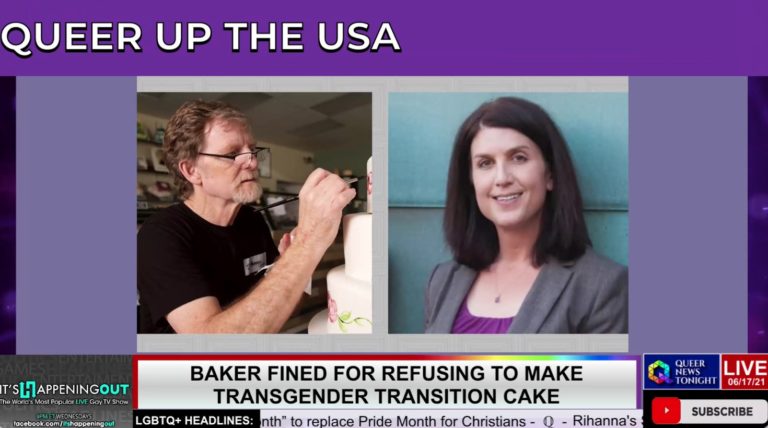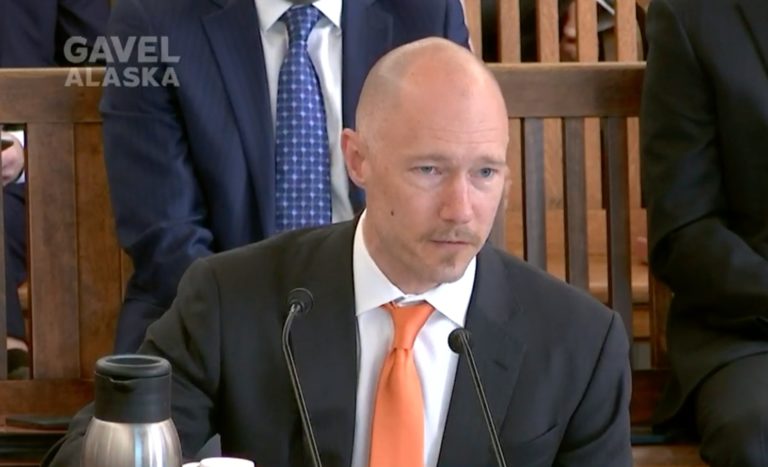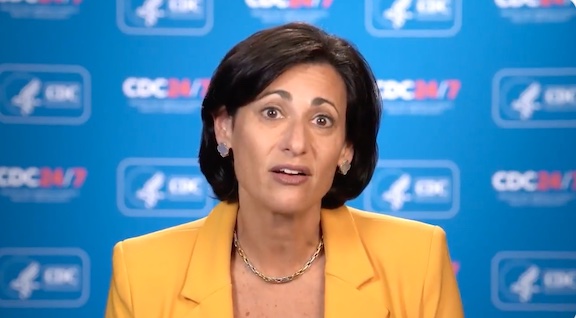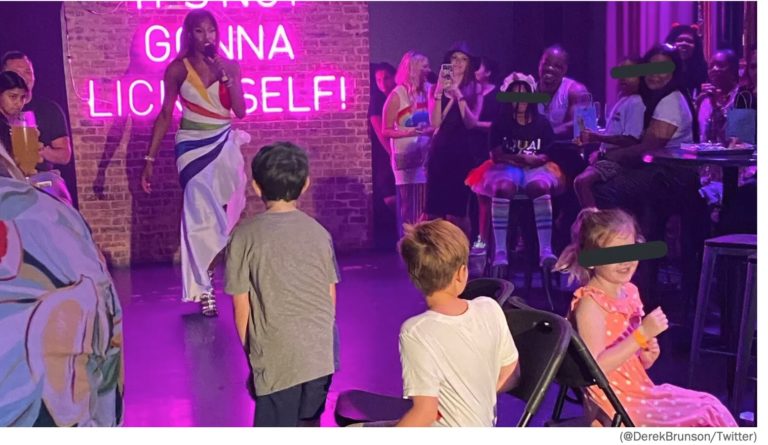Attorney General Treg Taylor of Alaska, along with 21 other Republican attorneys general, has signed onto a legal brief appealing to the Colorado Supreme Court to consider the case of a Christian cake artist who lost a First Amendment lawsuit in a lower court.
Jack Phillips, the owner of Masterpiece Cakeshop, and the Alliance Defending Freedom, petitioned the highest court in Colorado to overturn a decision made by the state Court of Appeals.
The Appeals Court ruled that Phillips had violated Colorado’s Anti-Discrimination Act in 2012 when he declined to create a blue and pink cake for attorney Autumn Scardina, who requested it to commemorate his transition from male to female during a phone conversation.
Scardina is the same attorney who filed an unsuccessful complaint with the Colorado Civil Rights Commission in 2017 over the same custom cake request the attorney made at that time.
The request was for a custom-designed cake, pink on the inside and blue on the outside, to reflect and celebrate a gender transition.
Masterpiece Cakeshop turned away that request because the customer specifically requested that the cake express messages and celebrate an event in conflict with Phillips’ sacredly held religious beliefs. The decision was not because of the person who requested it, as Phillips would not create a cake expressing the requested message no matter who asked for it.
The amicus brief asks the Colorado Supreme Court to review Phillips’ petition and declare that he cannot be compelled to design a custom cake that contradicts his religious beliefs.
The 14-page brief asserts that Phillips’ actions constitute “expressive conduct protected by the First Amendment.” It argues that the requested gender-transition cake, like any other cake, would require Phillips to communicate a clear message about sexual activity with which he fundamentally disagrees. The brief calls upon the court to uphold Phillips’ right to abstain from expressing such messages.
The brief contends that a gender-transition themed cake qualifies as symbolic speech and claims that the lower courts have misapplied the doctrines of the First Amendment. It says a ruling in favor of Phillips would not endorse discrimination.
Scardina and the lower courts perceive Phillips’ refusal to bake a gender-transition cake as an attack on LGBT equality. The attorneys say, however, that a ruling in favor of Phillips would not undermine the established principle that business owners cannot deny “protected persons” equal access to goods and services.
Rather, it would simply affirm that Colorado’s anti-discrimination law cannot be enforced in exceptional cases where it would require compelled speech.
The brief also highlights that Phillips willingly serves LGBT customers by selling them pre-made cakes for any occasion and creating custom cakes that do not express messages contrary to his religious beliefs.
Attorney General Taylor is joined by attorneys general from the states of Alabama, Alaska, Arkansas, Georgia, Idaho, Indiana, Iowa, Kentucky, Kansas, Louisiana, Mississippi, Missouri, Montana, Nebraska, North Dakota, Ohio, South Carolina, South Dakota, Tennessee, Texas, Utah, and West Virginia in the appeal.
Americans For Prosperity Foundation has also filed a brief: “Must reasonable and sincere people acting in good faith—who simply adhere to a traditional, Biblical view of the world—be compelled to engage in artistic speech that contravenes their deeply held beliefs? The answer must be no,” AFP’s brief declares.








